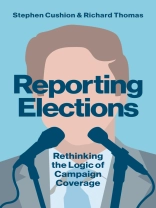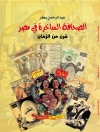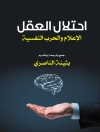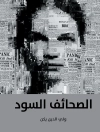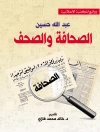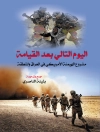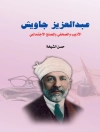How elections are reported has important implications for the health of democracy and informed citizenship. But, how informative are the news media during campaigns? What kind of logic do they follow? How well do they serve citizens?e
Based on original research as well as the most comprehensive assessment of election studies to date, Cushion and Thomas examine how campaigns are reported in many advanced Western democracies. In doing so, they engage with debates about the mediatization of politics, media systems, information environments, media ownership, regulation, political news, horserace journalism, objectivity, impartiality, agenda-setting, and the relationship between media and democracy more generally.
Focusing on the most recent US and UK election campaigns, they consider how the logic of election coverage could be rethought in ways that better serve the democratic needs of citizens. Above all, they argue that election reporting should be driven by a public logic, where the agenda of voters takes centre stage in the campaign and the policies of respective political parties receive more airtime and independent scrutiny.
The book is essential reading for scholars and students in political communication and journalism studies, political science, media and communication studies.
İçerik tablosu
* Contents
* List of Tables and Figures
* Introduction: Studying Elections
* Chapter One: Setting the Campaign Agenda
* Chapter Two: Reporting Election Campaigns
* Chapter Three: Making Sense of Horserace Reporting
* Chapter Four: Regulating Balance and Impartiality
* Chapter Five: The Trumpification of Election News
* Conclusion: Rethinking Election Reporting
* References
* Index
Yazar hakkında
Stephen Cushion is Reader at the Cardiff School of Journalism, Media and Cultural Studies at Cardiff University.
Richard Thomas is Senior Lecturer in Journalism at Swansea University.
